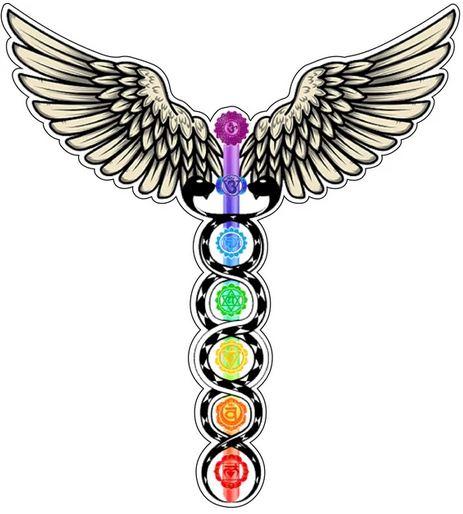Valentin Weigl
Valentin Weigl was a German mystic who lived in the 19th century and was primarily known in the esoteric and spiritual movement. He pioneered a spiritual perspective that transcended a purely rationalist worldview and was strongly influenced by anthroposophical and mystical traditions.
Weigl is often associated with a kind of deep spiritual quest that included a blend of Christian mysticism, anthroposophy, and occult teachings. He was deeply concerned with individual consciousness and the connection to the divine source.
🕯️ The Mysticism of Valentin Weigl:
Weigl had a profound connection to spiritual practices that transcended the everyday. He was convinced that inner experience and the experience of the divine are the path to a deeper truth. In his writings and teachings, he often addressed the secret forces of the universe, which can only be experienced through access to higher states of consciousness. Main Themes in Weigl's Mysticism:
The Union of Heaven and Earth:
A central theme in Weigl's mystical thought was the union of the divine with the human. He sought ways for humans to experience a connection to the heavenly or divine in their earthly life. This connection was understood as a deep, inner experience that transcends rational understanding.
The Importance of Inner Contemplation and Meditation:
Like many mystics, Weigl emphasized the necessity of inner contemplation and meditation to penetrate deeper levels of consciousness. He saw contemplative practice as a key to connecting with divine wisdom and healing the human spirit.
Spiritual Transformation:
Weigl believed that spiritual transformation was an ongoing process involving self-transcendence and the development of a higher consciousness. Humans must learn to overcome their inner blocks to experience true spiritual enlightenment.
Access to esoteric knowledge:
Like many of his contemporaries who worked in the fields of esotericism and occultism, Weigl also sought ways for humanity to gain access to hidden, secret truths and spiritual knowledge. For him, recognizing these higher truths was not just an intellectual act, but a spiritual process.
The importance of love and inner unity:
Love as a universal force and as a means of experiencing the divine also played a central role in Weigl's mysticism. He saw love as the connecting element between humanity and God and as the key to inner unity.
🔮 Influences and Connections:
Valentin Weigl stood within a broad mystical context and was, in a sense, part of the broader esoteric movement of the 19th century, which encompassed many different currents and schools of thought. Some of his spiritual influences may have come from Rudolf Steiner's anthroposophy, the Christian mystics, but also from the occult tradition, which was very popular at the time.
📖 A significant work by Weigl:
An example of Weigl's spiritual and mystical philosophy could be his work or writings, which provide deep insights into the connection between the individual and the universe, as well as the spiritual transformation of human beings. Unfortunately, his literature is not as widely available as that of more well-known mystics, making it difficult to find direct works or writings by him.
However, one could assume that his writings address topics such as self-realization, divine realization, and spiritual practice.
🌿 Modern Reception:
Valentin Weigl is not necessarily a prominent name in the Western esoteric scene, but he certainly had an influence on the circle of people who were interested in profound mystical practices and the development of spiritual consciousness. In today's world, where spiritual practices and the pursuit of a deeper connection to oneself and the universe often take center stage, Weigl's teachings may once again attract greater interest, especially among those interested in anthroposophical or esoteric teachings.
🔑 Summary:
Valentin Weigl was a 19th-century mystic and spiritual thinker who sought the divine in everyday life and viewed inner peace and transformation as central goals of human life. His works combine mystical practices, spiritual philosophy, and the search for esoteric knowledge. He calls us to search within ourselves for higher truth and to follow the path of inner contemplation and love in order to align ourselves with the divine.
If you'd like to delve deeper into his works,
If you want to create your own, it would be helpful to consult specific esoteric libraries or sources that collect works by mystical authors of this period.
Let me know if you are looking for specific texts or further information on Weigl or similar mystical movements!





